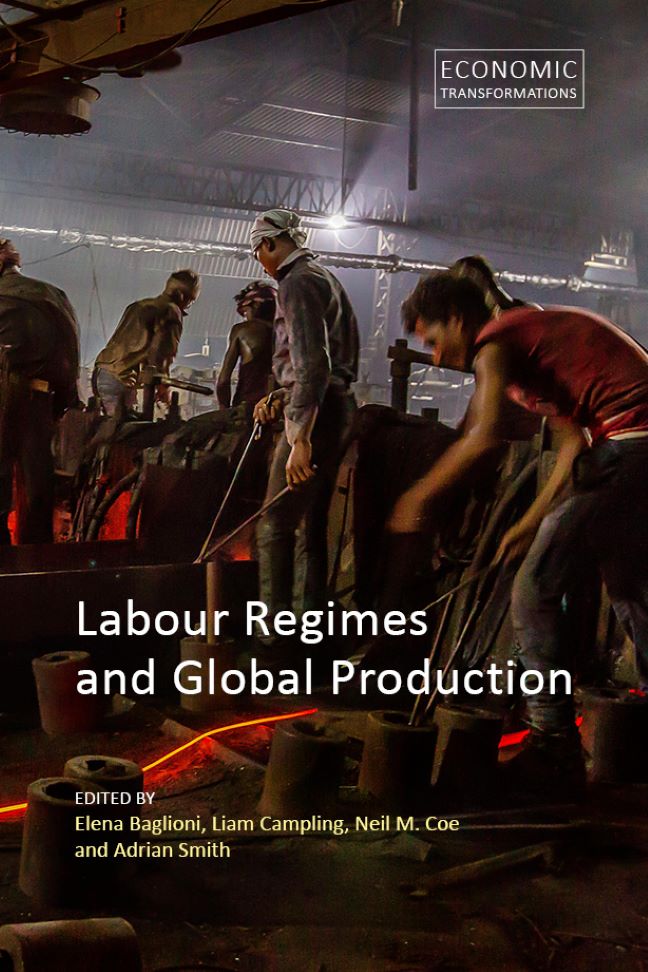15 - The World is a Warehouse: Racialized Labour Regimes and the Rise of Amazon’s Global Logistics Empire
Published online by Cambridge University Press: 20 January 2024
Summary
Introduction
At the end of the 2010s Amazon became the most valuable corporation on the planet (La Monica 2019) and the company's CEO, Jeff Bezos, was the richest person in the world – with a net worth peaking at US$165 billion (Frank 2018).
A company that started in 1995 as an online bookseller has metamorphosed into the world's largest online retailer and the world's most powerful corporation. By 2023 Amazon is projected to overtake Walmart as the world's largest employer (Shendruk 2020). Amazon's meteoric rise in the global economy is indicative, in part, of a broader shift in contem-porary global capitalism (Alimahomed-Wilson & Reese 2020), namely the “logistics revolution”, or the transformation in the way goods are produced and transported around the world, which has increased retail power in today's neoliberal just-in-time economy (Bonacich & Wilson 2008). Today Amazon is now widely considered one of the world's largest logistics corporations (Moody 2020). Unlike other logistics firms, Amazon is also one of the world's largest retailers, but, unlike most retailers, Amazon controls its own massive logistics network. Therefore, Amazon's agenda-setting logistics and supply chain management practices are transforming global commerce, including the ways consumer goods are transported and consumed around the world (Alimahomed-Wilson & Ness 2018).
Increasing consumer demand for same-day, next-day or two-day “free shipping” has created a significant impact on logistics and warehouse and delivery workers (see Newsome & Moore 2018), creating a global “speed-up” in both the pace of work and the digital surveillance of labour processes (Newsome & Moore 2018). Product-to-doorstep consumerism, driven in large part by over 150 million Amazon Prime members globally, is also producing distinct changes in warehousing and fuelling the rapid growth of the “last mile” logistics sector. By 2020 Amazon's global subcontracted delivery driver labour force exceeded 500,000 drivers (Weise 2020). Although important research has documented Amazon's detrimental impact on labour and work around the world, the racial character of the company's rise in the contemporary world capitalist system has remained largely absent in critical analyses of Amazon. In this context, this chapter locates Amazon's global corporate ascendancy as a constituent element of racial capitalism.
- Type
- Chapter
- Information
- Labour Regimes and Global Production , pp. 269 - 284Publisher: Agenda PublishingPrint publication year: 2022
- 1
- Cited by

